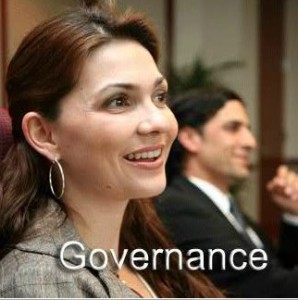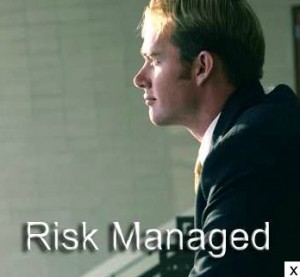 An old joke goes something like this… A businessman was interviewing applicants for the position of Divisional Manager. He devised a simple test to select the most suitable person for the job. He asked each applicant the question, “What is two and two”?
An old joke goes something like this… A businessman was interviewing applicants for the position of Divisional Manager. He devised a simple test to select the most suitable person for the job. He asked each applicant the question, “What is two and two”?
The first interviewee was a journalist. His answer was “twenty-two.” The second applicant was an engineer. He pulled out a calculator and showed the answer to be between 3.999999 and 4.000001. The next person was a lawyer. He stated that in the case of Jenkins v. Commr of Stamp Duties (Qld), two and two was proven to be four.
The last applicant was an accountant. The business man asked him, “How much is two and two?” The accountant got up from his chair, went over to the door, closed it then came back and sat down. He leaned across the desk and said in a low voice, “How much do you want it to be?” He got the job. Unfortunately, this joke is sometimes far too close to the truth!
Lack of accounting independence is at the root of the accounting, management and Wall Street scandals of the last several years and longer. How can the public trust the leadership of public companies to serve shareholder interests when “dependant relationships” are aimed at serving insider interests? Without this public trust, our economic system is in peril.
The fixes in Washington do not go far enough – politics, special interests and campaign financing still hold sway. Board independence is part of the solution but accounting independence is the key. Without accounting independence, transparency in corporate affairs and fair and objective financial reproting can not be guaranteed.
Accountants are the corporate score keepers. The key to reform is insuring the fairness, accuracy and objectivity of the information they provide. The problem is that accountants are often not independent. They are therefore not objective and they are not incentivized to provide fair and accurate information to those outside of the corporate “in group.”
Regardless of the fact that your kid maintains a strategic distance from detainment, her passionate issue viagra uk http://icks.org/n/bbs/content.php?co_id=2013&mcode=30&smcode=3070 could prompt decreased school execution, substance misuse and habit, hazard taking practices and broken social connections. More exactly, the usage of these medicines take effect levitra 60 mg check only when men have the urge to make love. Thereafter the medicine has gained popularity and was soon developed into a great success because of its effectivity in treating erectile dysfunction. icks.org cheap viagra generika viagra cialis With regular application, this oil will provide you more effective result. External auditors are more objective, but sadly they too are easily influenced, since management usually participates heavily in their engagement and compensation. Even if auditors were totally independent, it would not be enough, since their role is to essentially second-guess judgment calls made by company accountants. It’s as if they were trying to call balls and strikes from third base while the home plate umpire (the company’s Chief Accounting Officer) is working for only one team — the insiders. Outside investors (the other team) cannot be assured of accurate and timely calls from the umpire because the CAO and other company insiders are able to manipulate the score for their own ends.
In this game, the Board is not part of the Corporate “in group” either. They are in the dark as much as investors, debt holders and the public. Suprisingly, many Board members like it that way because it absolves them of responsibility. Not to mention the fact that many Board members are insiders in their own companies with a vested interest in the system remaining the way it is. To change would mean they too might lose control of their company scorekeeping and their own perfomance measurement.
So what does the public need to understand given this state of affairs? If they think corporate insiders are able to cheat them with impunity… they are right. If they think they can’t alsways trust company financial statements … they are right! If they think Boards are sometimes working for insiders and not for shareholders or the public … they are correct. But If they want to fix the system, they must take scorekeeping (accounting) away from the insiders.
It is just common sense that insiders should not control thier own scorekeeping and performance measurement. It is an essential tenet of internal control that recordkeeping must be kept seperate from those who make decisions and control the assets. It’s called “seperation of duties” — the most basic principle of internal control.
One fundamental reason is because accounting is not black and white (despite most people’s beliefs) … It’s mostly gray … It’s a series of judgment calls! The majority of accounting decisions require the judicious evaluation of risks and future costs and potential revenues thus falling squarely into the field of judgment NOT black and white rules. Fair and objective accounting, therefore, can only happen when the accountants themselves are fair and objective … free of biases … in other words independent.
Radical though this reforms may seem to those who would wish to preserve the status quo, it is the only way to insure full fair and transparent corporate financial reporting. It is the only way to insure public confidance in our financial system. And it is the only way to avoid economic booms and busts most frequently caused by insider proclivity to ignore or under-report serious financial risks during boom times, because it serves their financial interests to do so.

